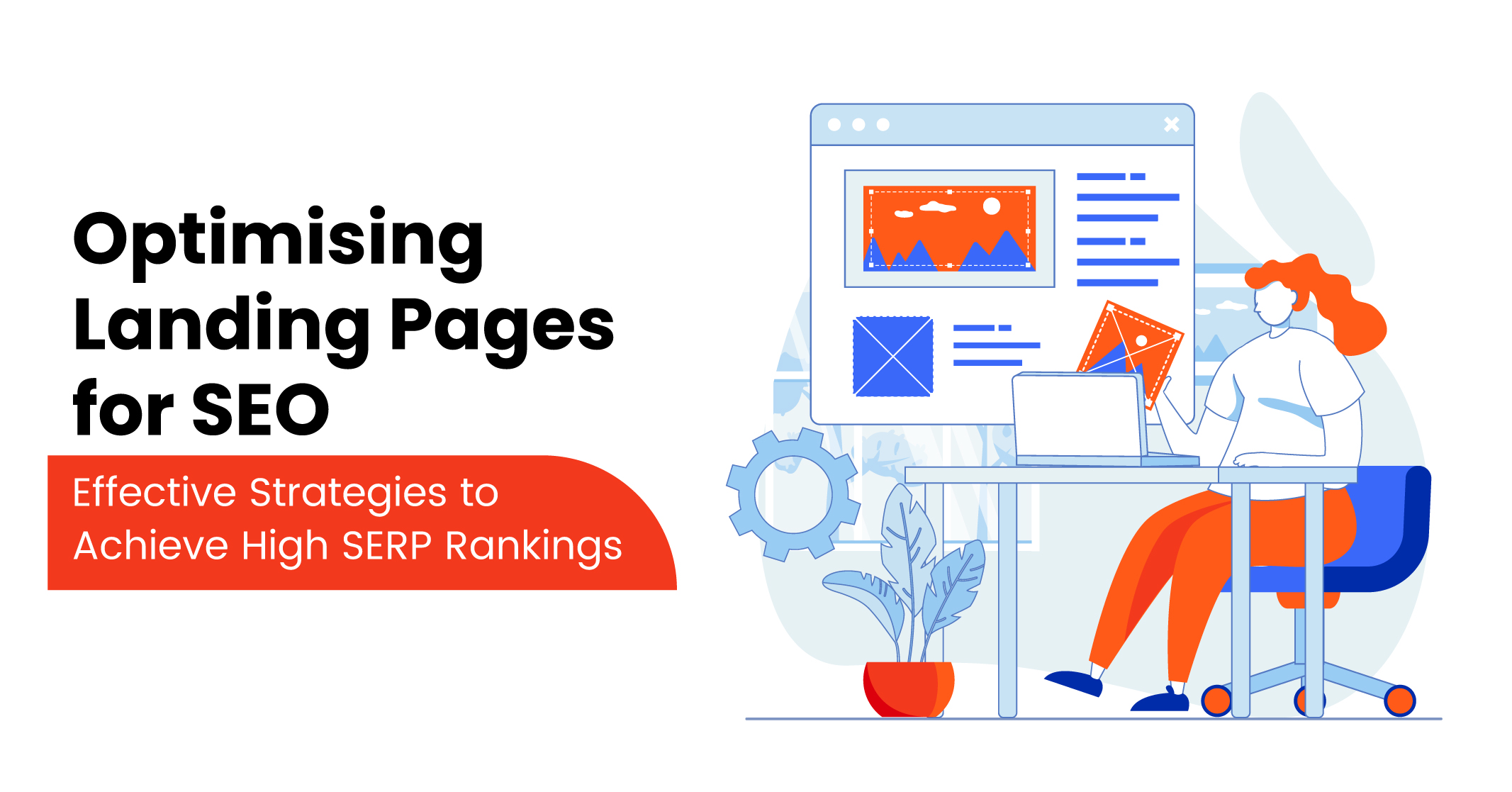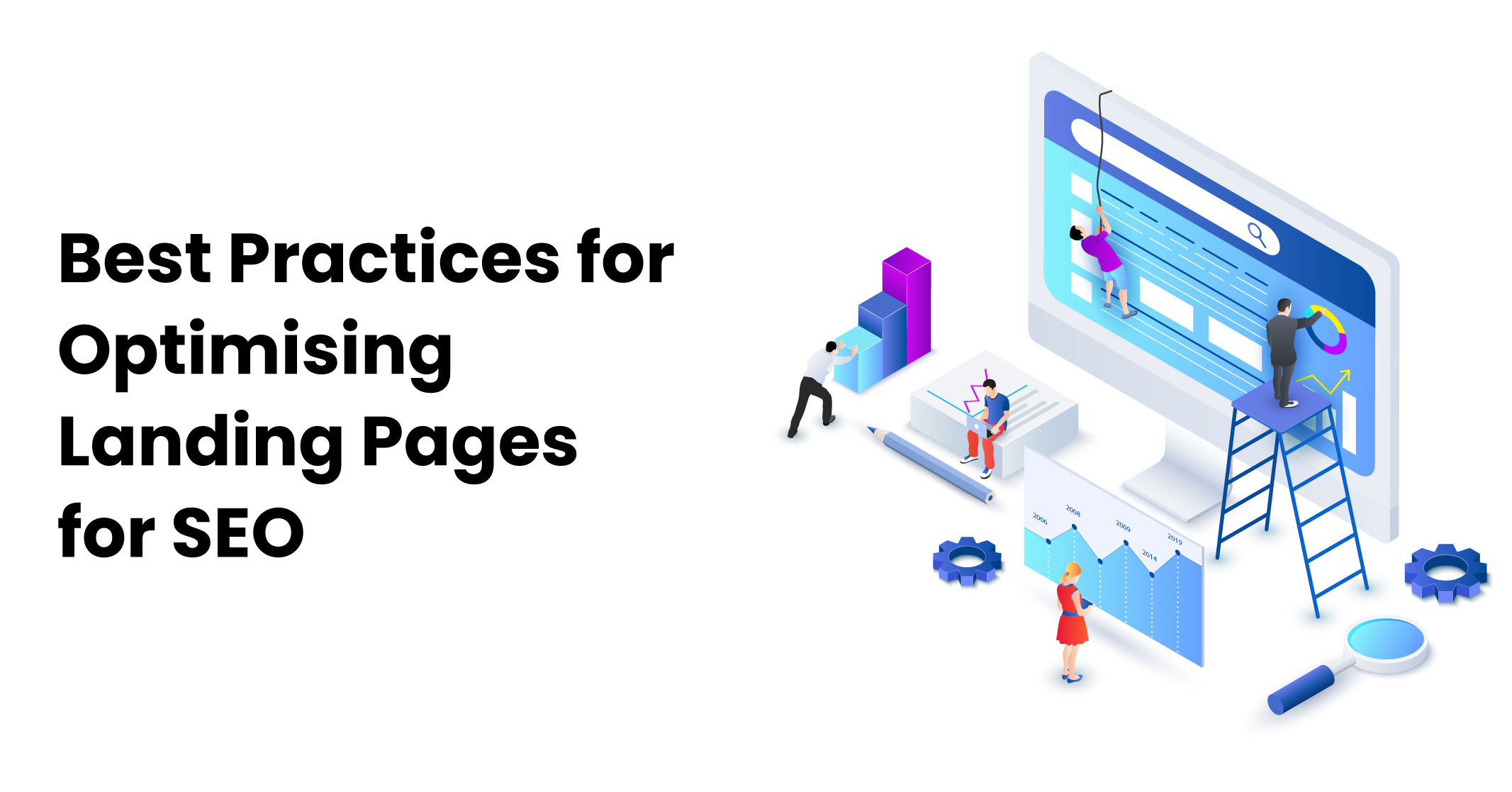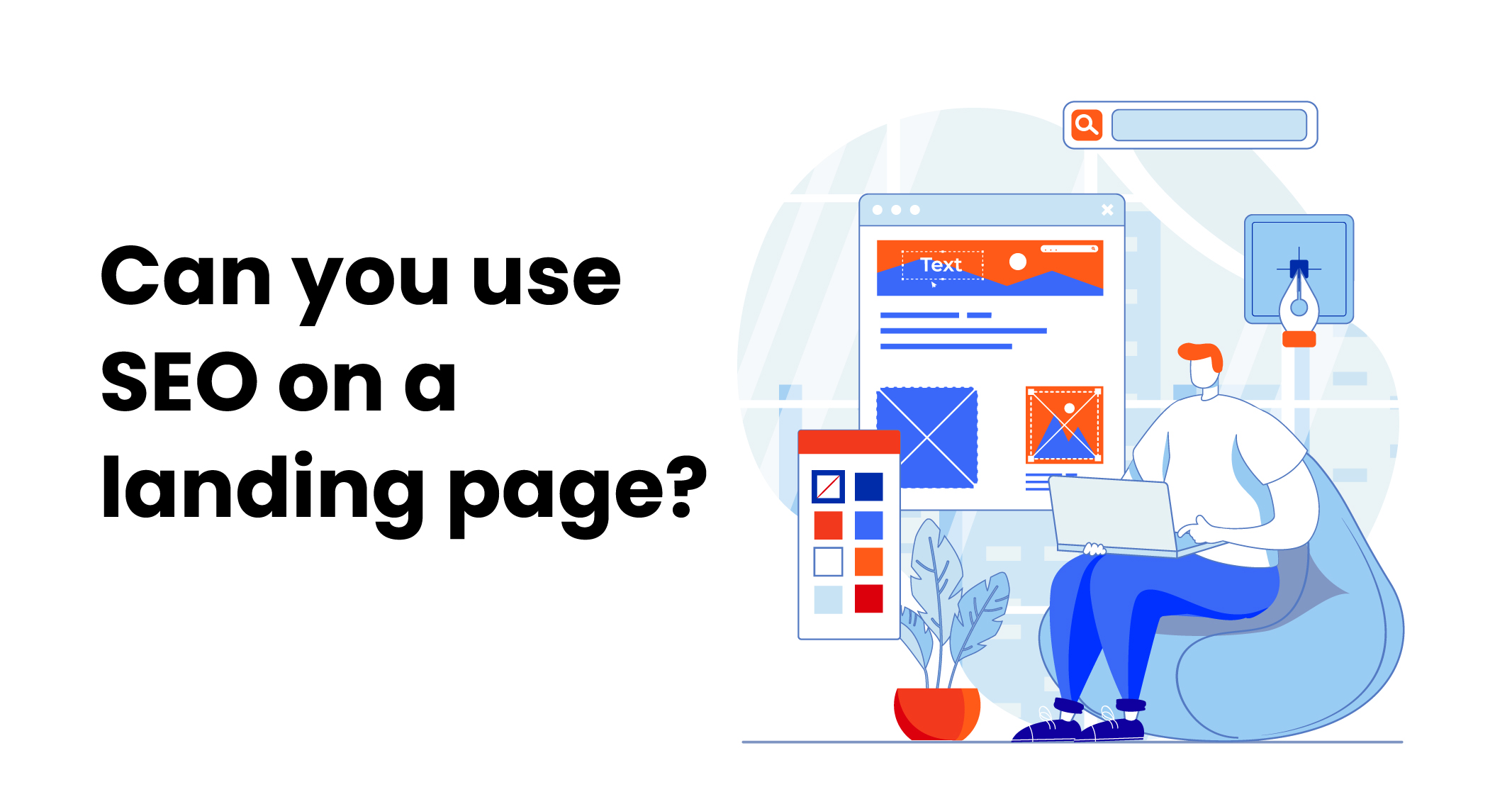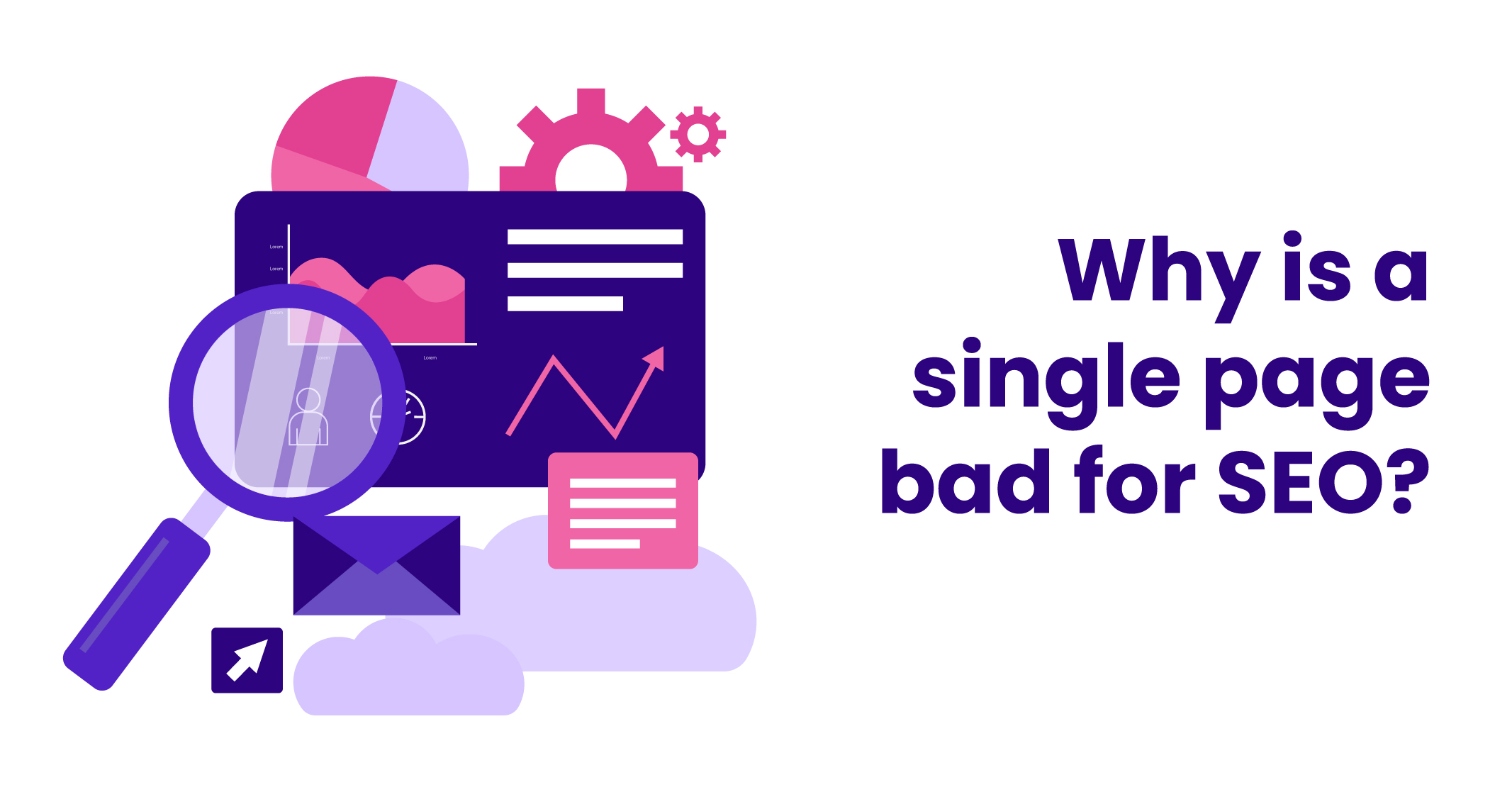I hope you enjoy reading this blog post.
If you want to get more traffic, Contact Us

Click Here - Free 30-Minute Strategy Session
Be quick! FREE spots are almost gone for this Month. Free Quote

Landing pages play a crucial role in generating leads and conversions for businesses. However, what if these landing pages could drive valuable leads and attract significant organic traffic? The key lies in optimising your landing pages effectively, which not only boosts conversions but also brings in the right audience – potential customers who are genuinely interested in what you have to offer.
In this comprehensive guide, we will delve into the SEO best practices for creating landing pages. By implementing these strategies, you can enhance your landing pages’ visibility, increase their rankings on search engine results pages (SERPs), and ultimately drive meaningful organic traffic to your website. So, let’s dive in and explore how you can create SEO-friendly landing pages that truly deliver results.

Click Here – Free 30-Minute Strategy Session
Be quick! FREE spots are almost gone for this Month
An SEO landing page, also known as a search engine optimised landing page, is a strategically designed webpage to achieve high rankings in search engine results and drive conversions or leads. These landing pages are created with a focus on specific, targeted keywords and aligning with the search intent of users.
Including a call to action (CTA) is an essential element of SEO-friendly landing pages. The CTA can take the form of a lead generation form or signup form, or it can be a conversion-focused button.
SEO landing pages are often integrated into broader inbound marketing campaigns, where the objective is to increase the share of search traffic within a specific industry.
To create effective landing pages, it is crucial to maintain clarity and directness, ensuring a positive user experience. Avoid distracting gimmicks and instead guide users efficiently towards a conversion event.
Optimising your website’s content, both new and existing, for organic search is vital for performing well in search engine results pages (SERPs). This is particularly significant for landing pages, as conversion rates and click-through rates (CTR) heavily rely on high-quality content.
Learn More: The Best Techniques That Boost Your Homepage SEO

Implementing SEO best practices is crucial for optimising your landing pages and achieving higher rankings in search engine results. By employing effective SEO strategies, you can ensure that your landing pages reach your desired target audience.
With the right SEO techniques, you could attract individuals who are genuinely interested in your topic, product, or service. This, in turn, enables you to generate a greater number of leads and conversions, ultimately boosting your business’s success.
To create SEO-friendly landing pages that drive results, it’s essential to follow these fundamental SEO best practices:
Conduct thorough keyword research to identify relevant and high-traffic keywords related to your landing page topic. Incorporate these keywords strategically throughout your content.
Understanding and catering to the search intent is crucial to providing users with the content they expect and increasing their engagement. By putting yourself in the user’s shoes and conducting keyword research, you can align your landing page design, content, imagery and headers to meet their needs effectively. Remember, user confusion can lead to high bounce rates and negative impacts on your business.
Optimise your landing page elements, such as headings, subheadings, and body text, by incorporating targeted keywords naturally. Additionally, optimise image alt tags, URL structure, and internal linking for improved search engine visibility.
What to use?
The URL of your landing page is an important element in SEO as it communicates information about the content and site structure to both search engines and viewers.
Keep the URL concise, using hyphens to separate words and placing important keywords closer to the beginning. A well-structured URL enhances understanding of the page’s topic and its relation to the overall website.
Page speed and Core Web Vitals significantly impact search engine rankings. Fast-loading pages provide a positive user experience, while slow and inconsistent loading times can lead to higher bounce rates, negatively affecting your rankings.
Backlinks from reputable, high-ranking websites are essential for improving landing page SEO. Reciprocal linking, citing sources, and creating shareable content such as infographics and videos can increase the likelihood of acquiring quality backlinks.
Leveraging social media platforms and utilising tools like the Backlink Gap Tool can help identify potential sites to focus your backlinking efforts.
Your landing page’s effectiveness relies on ensuring your target audience sees it. With landing page SEO, you can attract the right eye to your page, resulting in increased lead generation and conversions.
For practical guidance on optimizing your landing pages, explore SEO landing page examples, utilize an SEO landing page template, and refer to landing page SEO checklists. Ready to boost your landing page performance?
Contact Traffic Radius for expert SEO assistance tailored to your specific needs.

Yes, you can and should use SEO techniques on a landing page to improve its visibility and rankings in search engine results. Optimising the content, meta tags, URL, and other elements of the landing page can help attract organic traffic and increase conversions.
SEO (Search Engine Optimization) refers to the process of optimizing a website or landing page to rank higher in organic search results. SEM (Search Engine Marketing) involves paid advertising to increase visibility in search engine results. Both SEO and SEM can be applied to landing pages to drive relevant traffic and achieve marketing objectives.
Landing page optimization in SEO refers to the practice of improving various elements of a landing page to enhance its visibility, relevance, and conversion rate.
This includes optimising content, meta tags, keywords, user experience, design, and other factors to align with search intent and encourage desired actions from visitors.
Yes, landing pages should be SEO optimised to maximise their effectiveness in attracting organic traffic from search engines. By incorporating targeted keywords, optimising page elements, and aligning with search intent, SEO optimization helps improve rankings, visibility, and overall performance of landing pages.
There is no specific number of pages that are considered “good” for SEO. The focus should be on creating high-quality, relevant, and valuable content that meets the needs of your target audience.
It’s important to prioritize quality over quantity and ensure that each page provides unique and valuable information to users.

A single-page website or landing page can present challenges for SEO. Since there is only one URL and limited content, it may be difficult to target a wide range of keywords and provide comprehensive information.
Additionally, single-page websites often have limited internal linking opportunities, which can impact search engine crawlers’ ability to discover and index content.
The word count for a landing page can vary depending on the specific context and purpose of the page. While there is no strict rule, it is generally recommended to have enough content to provide relevant information, address user needs, and include targeted keywords.
Aim for a balance between concise messaging and comprehensive content that thoroughly explains the value proposition of your offering.

LEAVE A REPLY